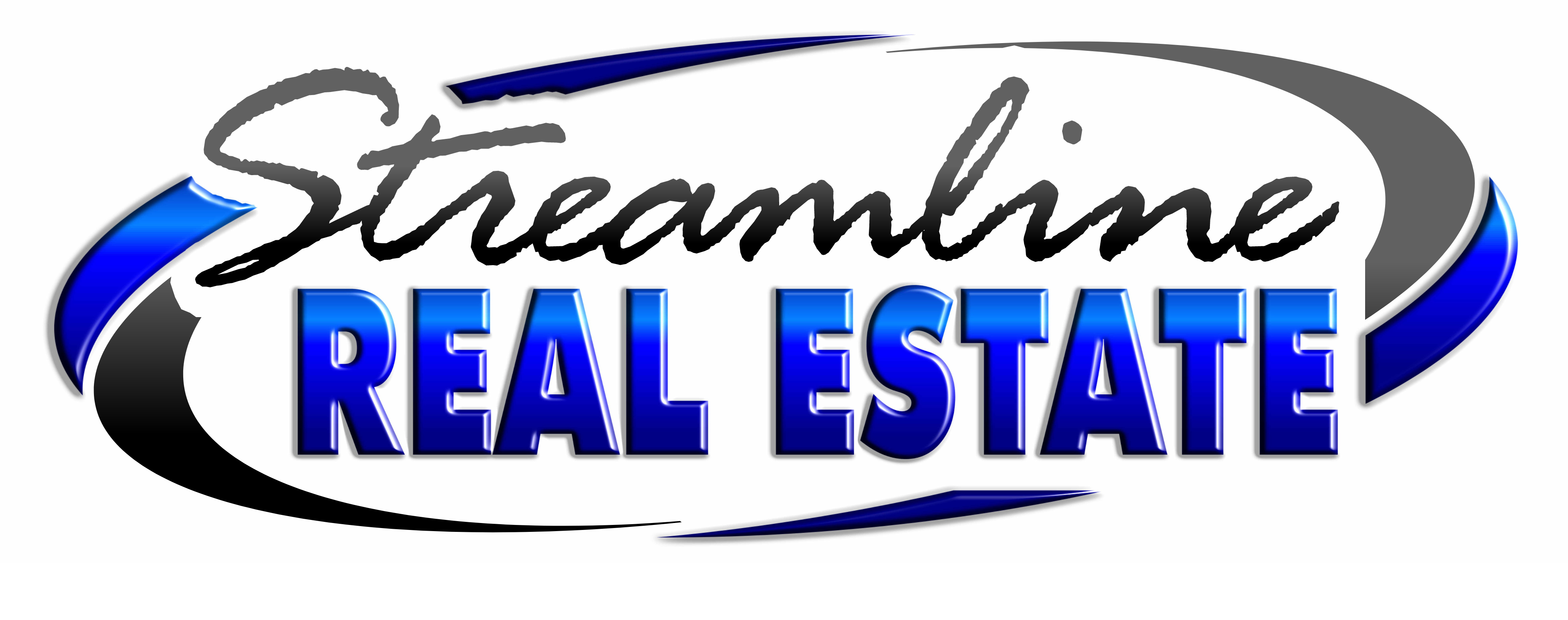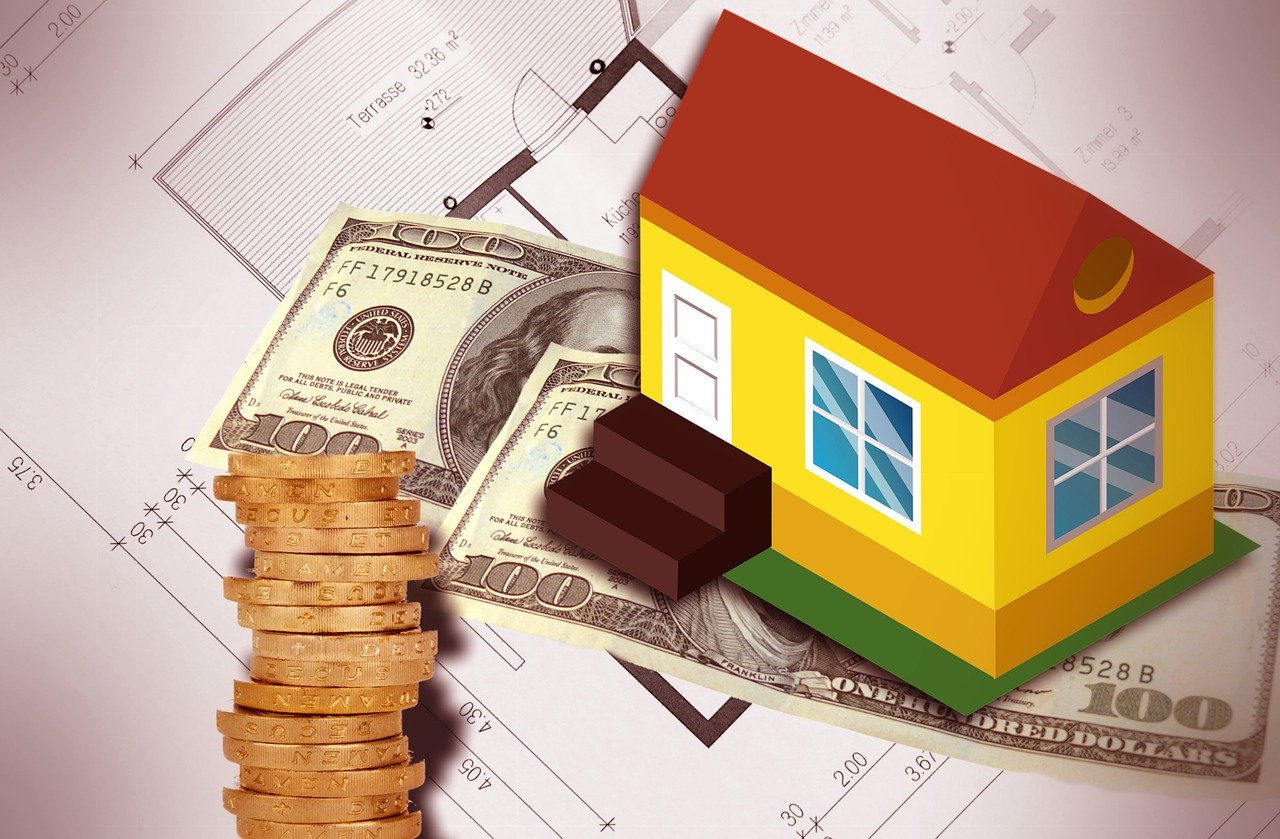Purchasing a home is a monumental financial decision, and while the home’s price is the primary focus, there are numerous additional costs to consider. Among these, closing costs stand out as a significant expense. This article delves deeper into closing costs, offering a comprehensive understanding of their components and providing strategies to potentially reduce them.
Understanding Closing Costs
Closing costs are a compilation of fees and charges that both buyers and sellers must address to finalize a real estate transaction. Separate from the home’s purchase price, these costs are settled during the closing phase of the buying process.
Why Do Closing Costs Exist?
The process of buying or selling a home involves various stakeholders, including lenders, title companies, appraisers, and government bodies. Each entity plays a pivotal role in ensuring the transaction is transparent, legal, and equitable. Their services, essential to the process, come at a cost, which collectively constitutes the closing costs.
A Deep Dive into Closing Costs
-
- Loan Origination Fees: This fee is what lenders charge for processing a new loan application. It encompasses administrative tasks such as application processing, underwriting, and funding the loan. Typically, it ranges from 0.5% to 1% of the total loan amount.
-
- Appraisal Fees: Lenders need to ensure the property’s value is in line with the amount they’re lending. A professional appraiser evaluates the home to determine its current market value. This fee usually falls between $300 to $500.
-
- Title Search and Insurance: A title search is a detailed examination of historical public records to ensure the property’s title is clear of any encumbrances, such as liens or ownership disputes. Once cleared, title insurance is purchased to protect the lender and buyer from potential future title disputes. Costs can vary but often run between $700 to $1000.
-
- Survey Fees: A survey determines the exact boundaries and land area of a property. Especially relevant for properties without recent surveys, this fee can range from $350 to $500.
-
- Credit Report Fees: To assess your creditworthiness, lenders obtain your credit report. This fee is typically between $30 to $50.
-
- Property Taxes: These are local taxes charged by municipalities. At closing, buyers often pay a portion of property taxes, prorated based on the closing date.
-
- Homeowners Insurance: This insurance covers potential damages to the property. Lenders require the first year’s premium to be paid upfront at closing.
-
- Recording Fees: Local government agencies charge a fee to record the property purchase, solidifying the buyer’s status as the official homeowner. This fee can range from $50 to $150.
-
- Transfer Taxes: Some local or state governments impose a tax on property transfers, either as a flat fee or a percentage of the home’s price.
Strategies to Minimize Closing Costs
-
- Comparison Shop: Just as you would compare mortgage rates, shop around for services required during the closing process. Different providers might offer competitive rates for services like title searches or homeowner’s insurance.
-
- Negotiate with the Seller: In some markets or situations, sellers might be willing to pay a portion of the buyer’s closing costs to expedite the sale.
-
- Review the Loan Estimate: Lenders provide a loan estimate that details the costs you’ll incur. Scrutinize this document for any errors or inflated charges.
-
- Close Later in the Month: By scheduling your closing for the end of the month, you’ll reduce the number of days of interest you’ll need to pay at closing, potentially saving you money.
-
- Ask About Lender Credits: In exchange for a slightly higher interest rate, some lenders might offer credits to offset some of your closing costs.
-
- Apply for State and Local Assistance Programs: Some states and municipalities offer assistance programs that can help reduce closing costs for qualifying individuals.
-
- Bundle Services: Some providers might offer discounts if you bundle services, such as a title search and title insurance.
Conclusion
Closing costs, while an inevitable part of the home-buying process, don’t have to be overwhelming. Armed with knowledge and proactive strategies, buyers can navigate this aspect of the transaction with confidence, ensuring they get the best deal possible. Always consult with real estate professionals and lenders, as they can provide guidance tailored to your specific situation.
Nathan Soliday

www.NathanSoliday.org
Mortgage & Real Estate Specialist
Brixton Realty / Success Mortgage Partners NMLS #166402 & #130562
205 N Main Street, Salem IN 47167
9/6/2023 This is not an offer or commitment to lend.
Program may change without notice. Equal Housing Lender 9/6/2023 This particular video of this home was posted on 9/6/23 and may not be available for sale at this time. For an updated list of homes for sale in your area be sure to check out www.NathanSoliday.org

